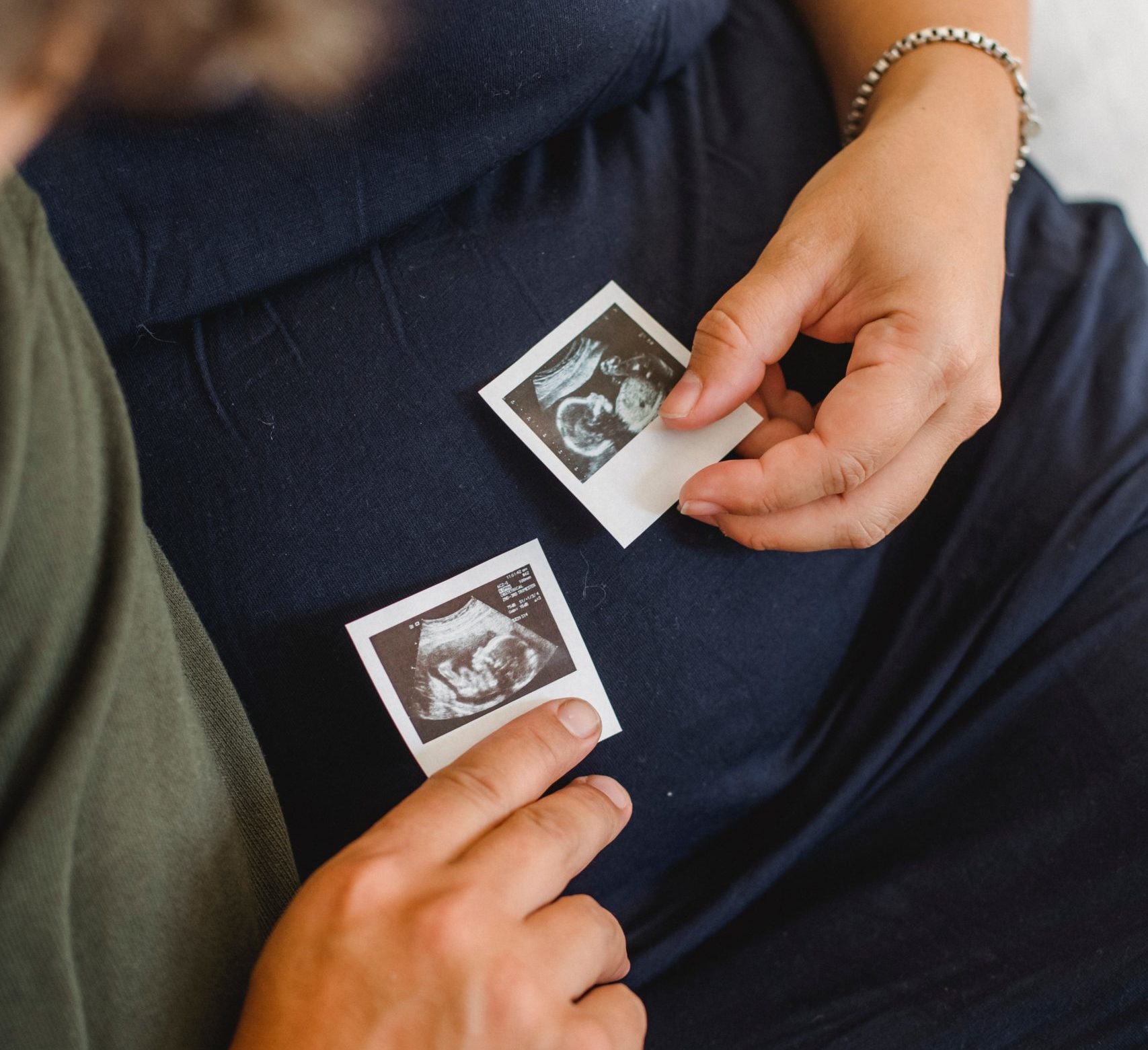The miracle of birth is hard to believe. Expectant mothers usually can’t even imagine what’s going on inside them. It only takes 40 weeks for a single cell to grow into a real human being. The stages of pregnancy are the 3 trimesters from the 1st to the 40th week.
Unfortunately, the lack of awareness is also often responsible for the fact that people do not behave properly. It is not uncommon to be much more prudent with the newborn than with yourself during pregnancy. Education is therefore important in order to be able to counter many risks preventively.
The foundation for healthy development is laid from the very beginning. What needs to be considered is very different with the phases of pregnancy.
Early pregnancy (up to 12 weeks)
All or nothing
Anyone who did not behave properly at the beginning of an unwanted pregnancy and drank alcohol or took medication does not need to worry at first. In the end, the fertilized egg only prevails if everything is really in order. In the event of damage, the body simply terminates the pregnancy.
The premature abortion goes completely unnoticed and is no more than a heavy menstrual period. Doctors speak of the all-or-nothing principle. By the twelfth week, the precursor of the embryo is not yet properly connected to the womb. First, the fertilized egg begins to divide and grows into a cluster of cells, the so-called morula. Only with the completion of this stage does the final implantation in the uterus take place, which is overcome six days after fertilization as a critical phase.
During further cell division, the umbilical cord is slowly formed, which will later supply the embryo. As progress progresses, growth becomes increasingly differentiated. The cells begin to differentiate themselves according to the function performed by the organs.
First signs of pregnancy
The fact that something significant is going on is often only recognized when the onset of menstruation is delayed longer than usual. Women also perceive the first signs of pregnancy quite differently. Typical is probably the painful pulling in the abdomen. The well-known nausea in the morning is also common. Anyone who notices the pregnancy should immediately be more careful than usual with themselves. A lot of rest, little stress and a positive attitude reduce the risk of early termination enormously.
With the desire to have children, a healthy lifestyle becomes indispensable. Those who quit smoking, eat properly and do not drink alcohol increase the likelihood of finally getting pregnant.
The second trimester (13th to 24th week)
Enjoy pregnancy
The worry about the premature miscarriage is now finally over. The unpleasant symptoms that become noticeable at the beginning of pregnancy are also decreasing more and more. The typical morning sickness rarely sets in. Just the right time to really enjoy your pregnancy.
With the minor physical limitations of these weeks of pregnancy, it is now best to plan the last vacation for two. Nevertheless, the concern for the unborn life is inevitable. Although the risk of abortion is just two to three percent, the question of health automatically arises. Preventive medical check-ups provide security to finally clear the head of worries. The growing embryo is literally put through its paces during check-up appointments with the gynecologist, while the midwife prepares both mother and father for the new phase of life.
Better safe than sorry

In the 20th week of pregnancy, the second major ultrasound is due. Anatomically, all important organs are already present and fully functional. The doctor explains very precisely what needs to be considered. For example, the heartbeat must be regular. How the ventricles open and close can be seen directly. The kidneys, stomach, intestines, lungs, liver and bladder can also be seen. With the altered state, it can be demonstrated that the embryo feeds, grows and thrives appropriately across the placenta.
By the end of the second trimester, at the 24th week, a height of 22 centimeters and a weight of 600 grams should be reached. To do this, the expectant mother must cover the increased needs that pregnancy brings. If deficiency symptoms occur, the species or the doctor prescribes the appropriate preparations, which are intended to complement a healthy diet, but not to replace it.
The expectant mother now has ample opportunity to prepare for the extraordinary hardships that await her in the coming weeks. After all, every birth carries risks for mother and child. In birth preparation courses, she and her partner learn what is important. Prudent expectant mothers, for example, are now starting pelvic floor training and relaxation exercises to actively prevent risks and damage caused by childbirth.
The third trimester (25th to 40th week)
Premature babies have a hard time
In the third trimester, it’s actually already done. All major organs are fully functional. If there is a premature abortion, the baby can even survive outside the womb. Nevertheless, there is still a lot to be done for a development that is actually healthy and proceeds without further complications. First and foremost, the expectant mother now needs rest in order to prepare for the upcoming event. Also, the unborn baby is extremely sensitive to stress and grows undisturbed only if it has the necessary shelter.
The main problem in a premature birth is that lung maturity must first set in and is usually not pronounced before the 34th week. True, the lungs are already present. However, it does not yet begin to breathe independently. There is a considerable risk associated with artificially supporting the breathing of a premature baby, which in the worst case can be fatal: most premature babies die of pneumonia because even the small immune system is not yet armed against respiratory germs.
The probability that the child will suffer from the impairment in the further course of life also increases rapidly if the optimal date of birth is far from being reached and lung maturity is also not given.
Grow, grow, grow…
From now on, it’s really all about the growing baby gaining weight. Important antibodies responsible for the immune system are administered with breast milk after birth.
Especially mothers whose baby was born before the calculated date should breastfeed if possible and not underestimate this vital support. The artificial substitutes that the trade now offers cannot completely replace nature because they lack nest protection, an important part of immune protection. In addition, the close contact builds up the bond, which is otherwise significantly disturbed.
